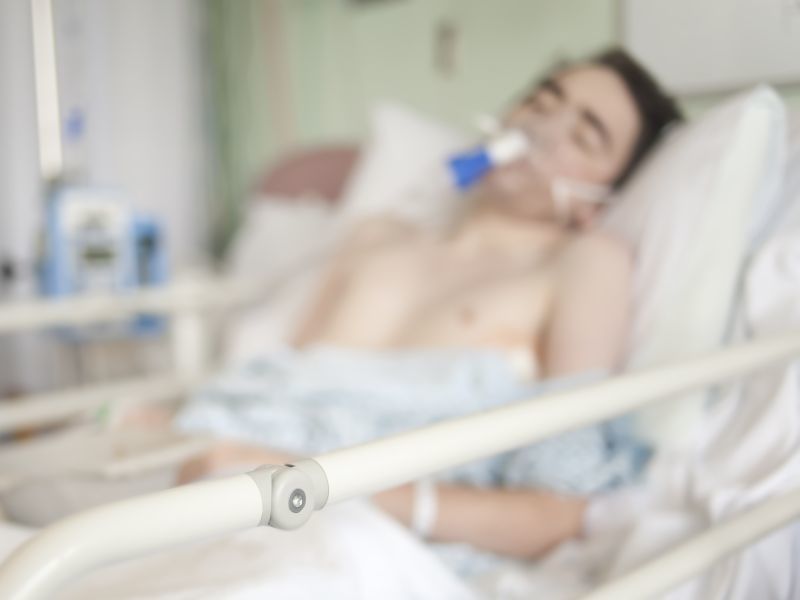
Two new studies suggest that the jury is still out on whether the arthritis drug tocilizumab helps those with severe COVID-19.
Both reports were published recently in the New England Journal of Medicine. The first, from scientists at the University of California, San Diego, found tocilizumab didn’t improve outcomes or reduce the risk of death in patients with severe COVID-19 pneumonia. However, it might shorten hospital stays and the length of time these patients spend on ventilators.
The second study, led by British scientists and first reported last November before being peer-reviewed or published, came to a more hopeful conclusion, with researchers finding the drug may save lives of patients hospitalized with severe cases of COVID-19.
“We are delighted that our full results are now published after peer review. This confirms the robustness of our findings, that tocilizumab and sarilumab can reduce deaths by nearly a quarter in the sickest patients with COVID,” said researcher Dr. Anthony Gordon, chair in anesthesia and critical care at Imperial College London.
The drugs also shortened patients’ hospital stays significantly.
“On average, patients were discharged from [intensive care units] a week earlier and [left the] hospital two weeks earlier,” Gordon said in a college news release.
Tocilizumab (Actemra) is an immunosuppressant mainly used to treat rheumatoid arthritis and systemic juvenile idiopathic arthritis, a severe form of the disease in children.
The drug targets and blocks cellular receptors for interleukin-6 (IL-6), a protein that triggers inflammation as an early immune response to disease.
In some COVID-19 patients, the immune system ramps up IL-6, causing a “cytokine storm” that can result in potentially life-threatening damage to the lungs and other organs.
Some previous research has suggested that tocilizumab may help prevent cytokine storms in patients with severe COVID-19.
That prompted scientists at the University of California, San Diego (UCSD), to conduct a Phase 3 clinical trial that included over 400 patients with severe COVID-19 pneumonia at 62 hospitals in nine countries.
Intravenous infusion of tocilizumab was given to 294 patients, while the other 144 received an inactive placebo. But that trial didn’t come to the same positive conclusions as the London study. In the UCSD trial, after 28 days, there were no significant differences in clinical status or death rates between patients who received the drug and those who received the placebo.
“Although our trial was negative based on primary outcomes, we did see some benefits, including an improvement in length of stay of eight days with tocilizumab compared to placebo, as well as fewer days on the mechanical ventilator, with our intervention,” said senior study author Dr. Atul Malhotra, research chief of pulmonary, critical care and sleep medicine at UC San Diego Health.
“These findings need to be understood in that context. We looked at very sick patients. There are very few proven therapies for severe COVID-19. Tocilizumab and some monoclonal antibody treatments may still have utility in specific circumstances, but more work needs to be done,” Malhotra said in a UCSD news release.
“In fact, more work must be done,” he added. “The need for effective treatments for patients with severe COVID-19 pneumonia remains a major challenge of this pandemic. Each new study brings us one step closer to putting that challenge behind us.”
More information
The U.S. Centers for Disease Control and Prevention has more on COVID-19.
SOURCES: University of California, San Diego, news release, March 1, 2021; Imperial College London, news release, Feb. 25, 2021
Source: HealthDay

Leave a Reply